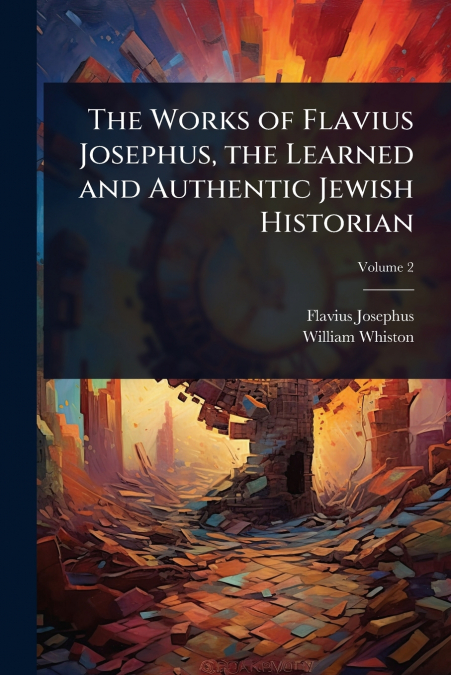
Flavius Josephus / William Whiston
This second volume of âThe Works of Flavius Josephusâ offers a detailed exploration of ancient Jewish history and culture, translated and annotated by William Whiston. Josephus, a first-century Romano-Jewish scholar and historian, provides invaluable insights into the events and figures that shaped the ancient world. Volume 2 covers significant periods and events, continuing Josephus’s comprehensive narrative. Readers will find detailed accounts of key historical moments, religious practices, and political upheavals. Josephus’s meticulous record-keeping and firsthand experiences make this work an essential resource for understanding the context of the Bible and the dynamics of the Roman Empire’s interactions with its provinces. This edition preserves the historical and literary value of Josephus’s writings, making it accessible to modern readers interested in ancient history, biblical studies, and classical literature. âThe Works of Flavius Josephusâ remains a cornerstone for scholars and anyone seeking a deeper understanding of the ancient world.This work has been selected by scholars as being culturally important, and is part of the knowledge base of civilization as we know it. This work was reproduced from the original artifact, and remains as true to the original work as possible. Therefore, you will see the original copyright references, library stamps (as most of these works have been housed in our most important libraries around the world), and other notations in the work.This work is in the public domain in the United States of America, and possibly other nations. Within the United States, you may freely copy and distribute this work, as no entity (individual or corporate) has a copyright on the body of the work.As a reproduction of a historical artifact, this work may contain missing or blurred pages, poor pictures, errant marks, etc. Scholars believe, and we concur, that this work is important enough to be preserved, reproduced, and made generally available to the public. We appreciate your support of the preservation process, and thank you for being an important part of keeping this knowledge alive and relevant.